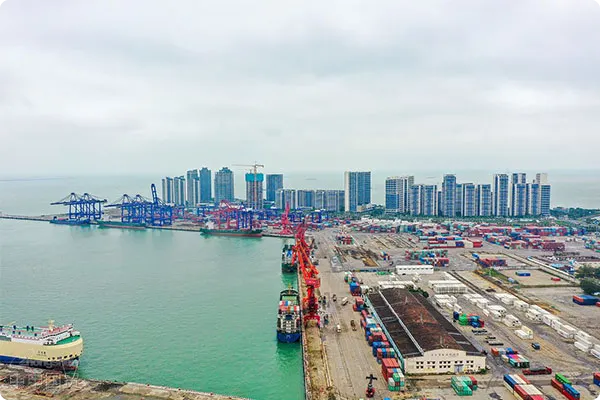- Shanghai Zhongshen International Trade Co., Ltd. - Two decades of trade agency expertise.
- Service Hotline: 139 1787 2118
foreign tradeThe quotation in foreign trade is the price and trading conditions of goods or services offered by the supplier according to the buyers inquiry or proactively based on market demand. This is a crucial link to ensure the success of the transaction and obtain profits. The following are some detailed contents and suggestions regarding quotations in foreign trade:
Purpose of Quotation
(1) Provide the price of goods or services to potential buyers.
(2) Determine other transaction conditions, such as payment method, delivery time and quality standards.
Ways of Quotation
Written Quotation:A quotation given through traditional letters, telegrams or modern emails, online platforms, etc.
Oral Quotation:A quotation given through phone calls or face - to - face conversations.
Fixed Quotation and Variable Quotation:A fixed quotation remains unchanged within a certain period, while a variable quotation changes with market conditions.
Contents of Quotation Sheet
A quotation sheet is a written record of a quotation and usually should include the following contents:
— Detailed description and specifications of goods or services.
— Price and whether it includes other expenses such as taxes, freight, etc.
— Minimum order quantity or discount conditions.
— Delivery date and place.
— Payment terms and methods.
— Validity period of the quotation.
— Warranty period or quality assurance.
Precautions:
(1) Ensure clarity and definiteness: When giving a quotation, ensure that all conditions are clear and specific to avoid misunderstandings.
(2) Consider all costs: When determining the price, ensure that all relevant costs, such as production costs, transportation costs, taxes, etc., are considered.
(3) Market research: Understand market prices and competitors quotations to ensure that your quotation is competitive.
(4) Principle of good faith: Avoid providing false or misleading quotations.
(5) Update in a timely manner: Update the quotation regularly as market conditions and costs change.

Related Recommendations
Knowledge Base
Contact Us
Email: service@sh-zhongshen.com
Related Recommendations
Contact via WeChat

? 2025. All Rights Reserved. 滬ICP備2023007705號(hào)-2  PSB Record: Shanghai No.31011502009912
PSB Record: Shanghai No.31011502009912









